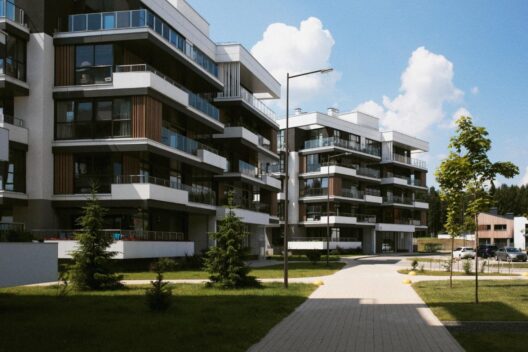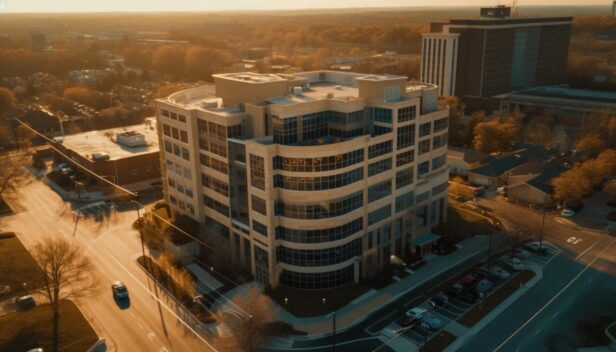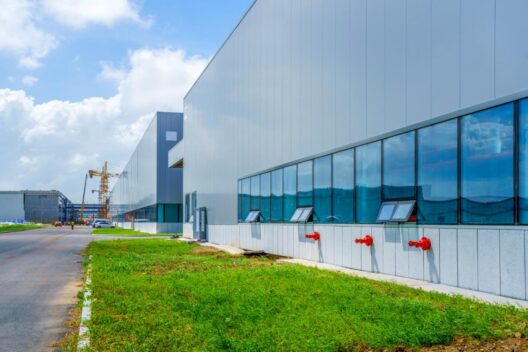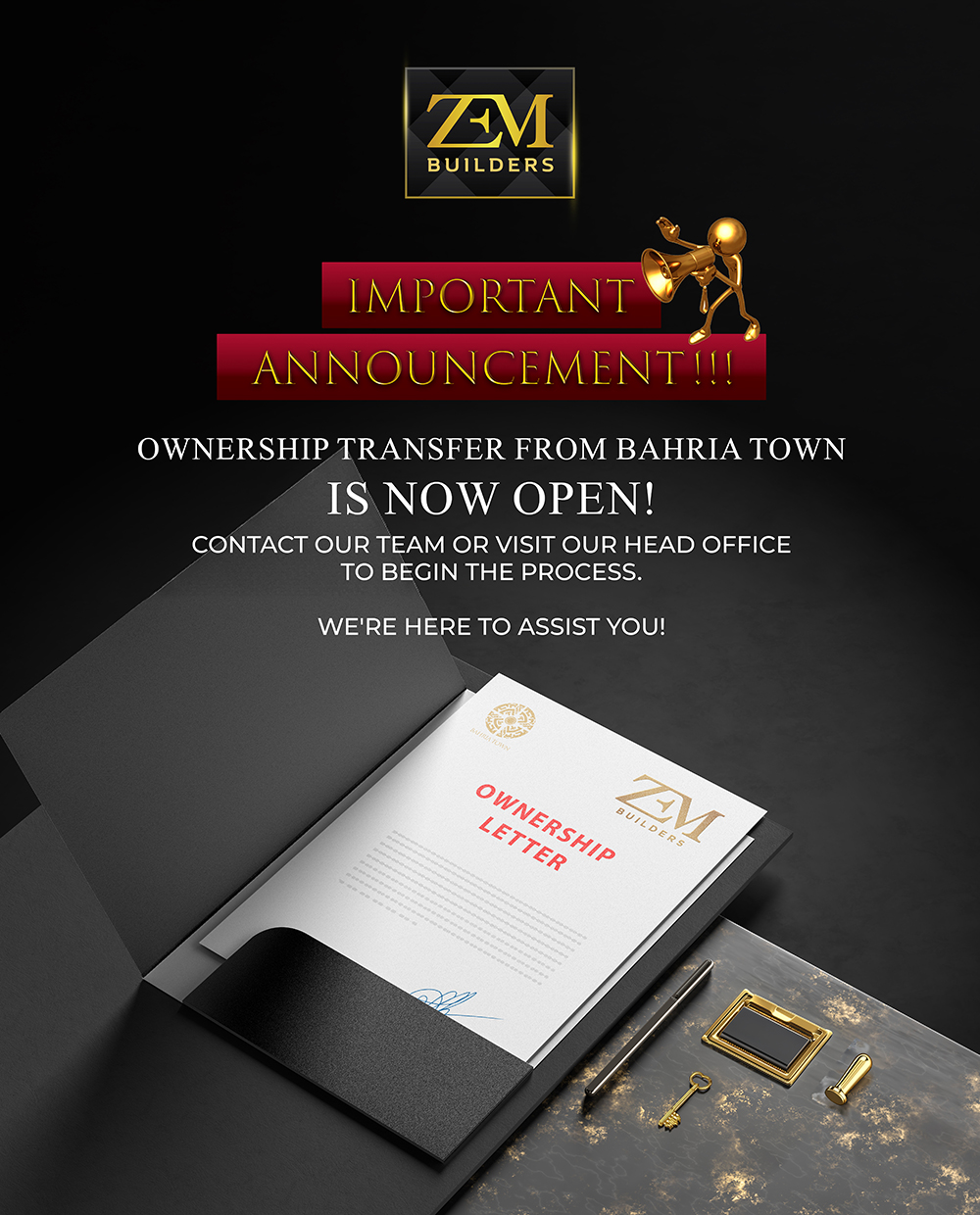What Type of Property is Most Profitable?

When determining the most profitable property type, there is no one-size-fits-all answer. Over the years, real estate has been one of the most profitable investment opportunities we can consider. This asset class supplements the portfolio and allows you to return high on your investments. It is important to note that today’s dynamically changing real estate market requires proper choice of the most profitable property types. While there are numerous business ideas in Pakistan with small investments, real estate offers a unique path to long-term wealth creation and passive income.
Let’s delve into some of the most profitable property types:

Residential Properties
Investment in residential real estate is highly diverse. In the center of the signal is secure continuous cash flow, i.e., monthly tenant payments. This income stream is even more compelling, with rates on the upside not making buying a home easy.
However, residential real estate is about more than just the cash flow. As you hold onto them for a more extended period, their worth increases, allowing you to gain equity and achieve capital gains whenever you sell. Furthermore, investors can choose different strategies. For example, they may prefer rehabbing, buying, holding, and adjusting their approach to suit their needs.
However, this is only partially true. Besides competing, this also means the need for regular maintenance. Carefully planning and picking the right market is highly advisable to limit this risk. When you acknowledge these components, you will be able to realize the power of residential real estate as an asset that you can use to build a safe and profitable portfolio of holdings.
Here are some popular residential property types:
- Single-family homes
- Condominiums
- Multi-family homes (duplexes, triplexes.)
- Vacation rentals

Commercial Properties
The commercial real estate market provides various investment settings that contribute directly to the city’s unique appearance. When it comes to commercial real estate, higher rental income per unit in exchange for longer-term leasing agreements is a much more stable option for investors.
Here’s a look at some key property types within this category:
Office Spaces
These hubs where businesses thrive normally have a high demand for properties in booming business districts and areas that create jobs. Rentals with reputable firms guarantee sustainable cash flow.
Retail Spaces
Though e-commerce impacts the land owners with strategically planned repositionable spaces, they can still get active tenants who want space.
Hospitality Properties
Hotels, motels, resorts, and/or vacation rentals are examples of such structures. The structures and properties are built for the tourism and travel industry, yielding higher profits.

Real Estate Investment Trusts
REITs are entities that manage and generate income from commercial properties. Examples are office buildings, shopping malls, and hotels. Instead of directly buying these properties, you can invest in shares of these REITs on the stock market.
Why are REITs so attractive?
Passive Income
One of the most essential characteristics of a REIT is that its income must be distributed widely to investors in the form of dividends. It means you can enjoy a steady income stream.
Diversification
Investing in a REIT means you don’t put all your eggs in one basket. You will own different properties, and thus, your risk will be reduced.
Liquidity
Unlike directly owning real estate, REITs offer greater flexibility. The ease of trading is also a significant advantage, as you can quickly sell your shares on the stock exchange if you need to access your funds immediately.

Industrial Properties
Investing in industrial real estate may not be the most dazzling option. Still, it is an integral part of the modern economy. Here’s a breakdown of some key property types within this category:
- Warehouses & Distribution Centers
- Manufacturing Facilities
- Cold Storage Facilities
- Bulk Terminals & Distribution Centers
- Flex Space
- Research & Development Facilities
- Data Centers
The industrial real estate sector provides an avenue for obtaining long-term and cash-flow stable leases with established companies, a significant advantage for investors. However, industrial real estate investing has benefits and some challenges. These properties often require specialized knowledge for maintenance and operation, and they may be located in less appealing areas than residential and commercial properties.
Mixed-Use Developments
The intelligent evolution of traditional design is mixed-use developments in which residents live in vibrant urban and walkable environments. These diverse elements, which are home to residential units, work/commercial spaces, and recreational facilities, are arranged to form a single coherent unit. How about going home to work, shop, and relax without driving tremendously?
Mixed-use developments present an attractive opportunity for investors since multiple income streams can be generated from residential rents, commercial leases, and retail space sales incorporated into the development. Nonetheless, developing and managing mixed-use projects may require a diverse, competent team with expertise in different areas of real estate.
Conclusion
The investment options are various, each with shifting risks and returns. Whether residential, commercial, industrial, or mixed-used developments, the key factor is realizing what kind of purpose will fit its surroundings, the market demands, and affordable economic circumstances.

